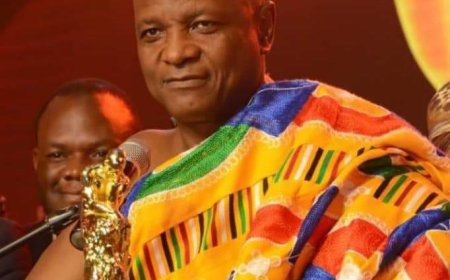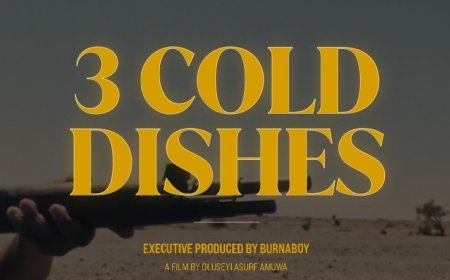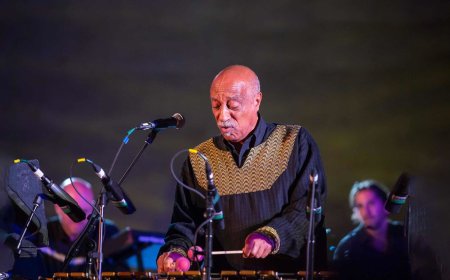The Legend taking Ethio Jazz to the world
Ethiopian music maestro Mulatu Astatke, known as the father of Ethio-Jazz, wants the music style he created nearly 60 years ago to gain global recognition. At 80 years old, Astatke is committed to making this happen. Speaking at the Addis Jazz Festival, he emphasized that it's time for the world to appreciate the unique science behind Ethio-Jazz, a sound deeply connected to Ethiopia's recent history
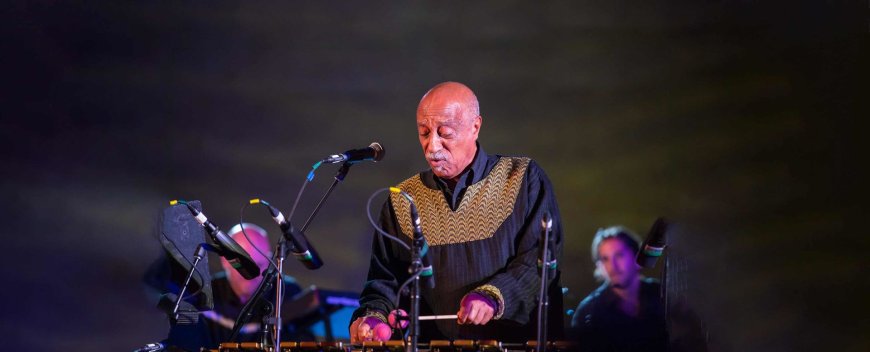
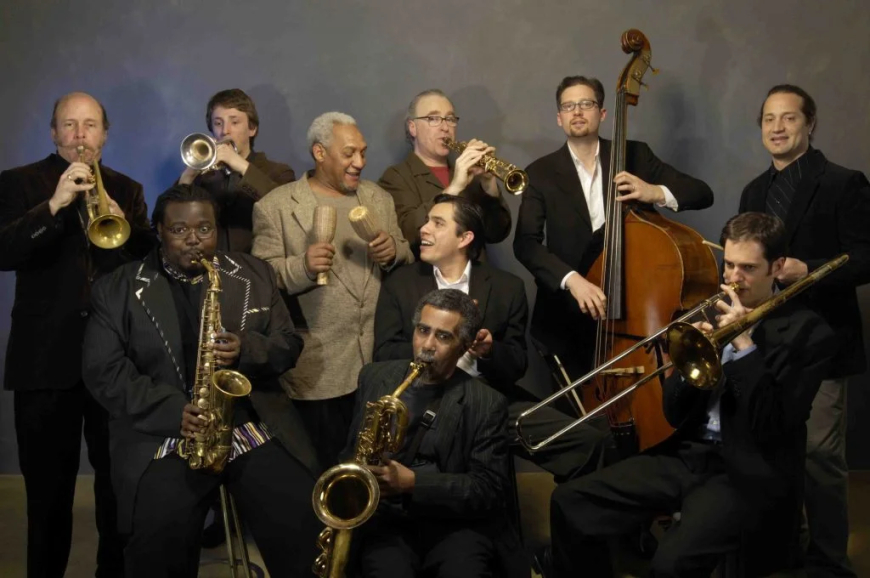
Ethio-Jazz began in the 1950s when Nerses Nalbandian, the newly appointed director of Ethiopia’s National Opera, was commissioned by Emperor Haile Selassie to compose music for the Ethiopian National Theatre. Nalbandian blended traditional Ethiopian music with Western classical instruments, creating the foundation for Ethio-Jazz

The appeal of Ethio-Jazz lies in its unique fusion of different musical worlds, explains Mulatu Astatke, a renowned percussionist known for playing instruments like the conga and vibraphone. “In Ethio-Jazz, you have the Ethiopian four modes as the base, with traditional Ethiopian music composition, and you add global influences on top; that’s the science of Ethio-Jazz,” Astatke says
Astatke is now working on a new project that aims to highlight the creators of Ethiopia’s traditional musical instruments. This project will bring traditional Ethiopian musicians, the Amharis, into the 21st century. He believes that the appreciation for Ethio-Jazz should extend to the "scientists of Ethiopian music," those who created its traditional instruments. Ethiopians should come to love and understand instruments like the krar, the begena, and the kebeno as much as they appreciate the saxophone, cello, or piano.

For Astatke, it’s time to honor the people who came before him. “Ethio-Jazz has reached Hollywood now, and now I’m standing for those people who created me,” he says. He emphasizes the importance of education in appreciating art, music, and culture, noting, “Africans have contributed so much culture to the world, and this needs to be recognized more than it is today.”
Though Ethio-Jazz is now on the global stage, the journey wasn’t easy. Traveling across Europe and North America, Astatke faced many challenges. “It wasn’t an easy life. It took me 50 years to get it where it is today,” he reflects. source Maya Misikir
What's Your Reaction?









